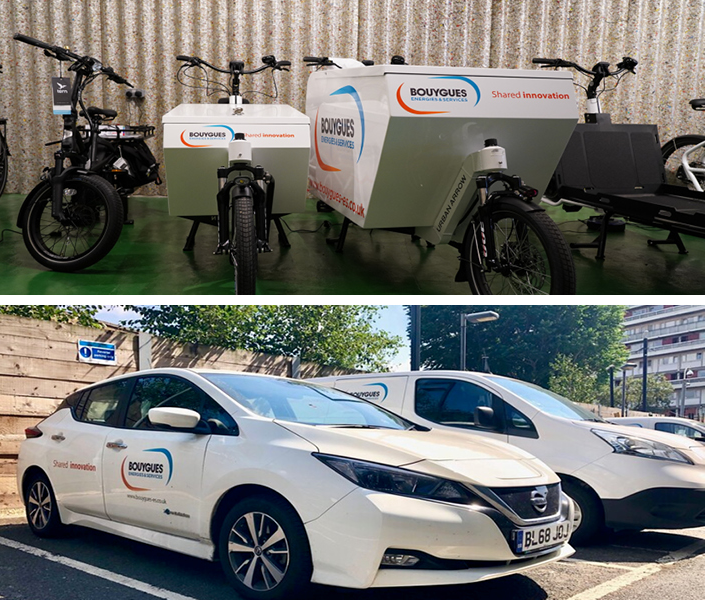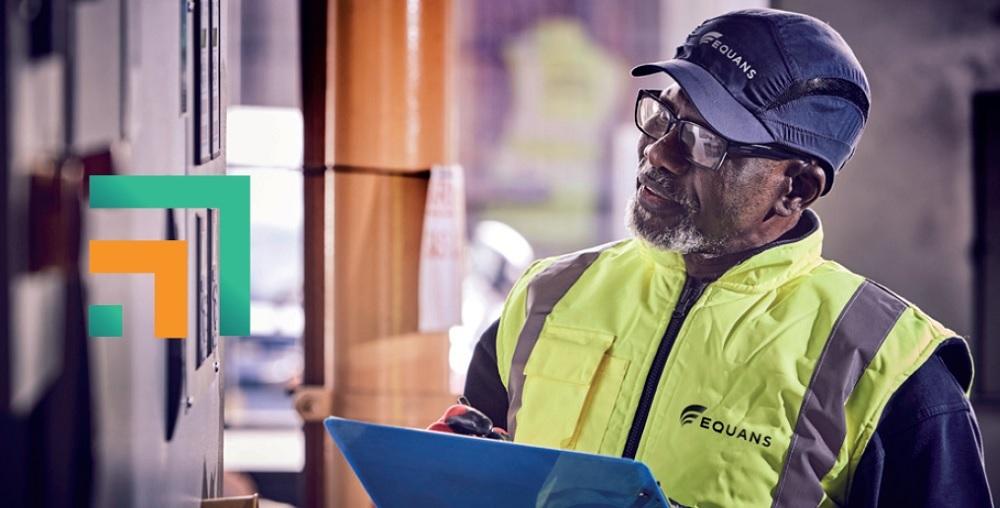Decarbonising our Fleet for a Greener Future
Road transport is one of the biggest culprits when it comes to pollution in the UK, having a significant impact on air quality, human health, noise, the environment and climate change. According to the ‘Transport and environment statistics: Autumn 2021 – GOV.UK’, on average in 2019, 326.3 kilotonnes of CO2 were emitted by transport in each local authority, 35% of Nitrogen Oxides (NOX) emissions and 13% of Particulate Matter (PM2. 5) emissions came from transport, with 12% of NOX emissions coming from cars alone.
Transport remains our largest source of carbon emissions, 86.5% to be precise. We have, however, demonstrated a strong commitment to reducing these carbon emissions through a variety of initiatives and actions including the transitioning of our fleet to electric vehicles (EVs), installation of EV charging points across our offices and our clients’ premises and an updated company car policy to mandate EVs and hybrids.
Switching to EVs or low-emission vehicles and installing the infrastructure to support this, is a key part of our ‘Together Further for Climate’ strategic pillar, to help meet the business’ sustainability targets and those of our clients’ in line with the UK’s path to net zero. With 25% of EVs deployed across various sites, we are paving the way for sustainable mobility, and furthermore, by upgrading the telematic units of our vehicles, we can now monitor driver behaviours, such as braking and acceleration. This data can track sustainable performance, advise drivers on how to be more fuel-efficient and therefore, reduce their carbon output.
However, challenges around the sufficient rollout of charging infrastructure, particularly ahead of the UK Government’s 2030 target to ban the sale of new petrol and diesel vehicles, must be a key consideration when transitioning to alternative fuel vehicles. That is why we have already installed EV charging points across 50% of our offices and clients’ premises to not only support this important action, but to also support our clients’ end users who have already made the switch.
Lewis Chenery, Head of Environment & Sustainability for Bouygues E&S, an Equans company, said:
“With a focus on sustainable transport, we are already making good headway with the decarbonisation of our fleet, commercial vehicles and business travel. This shift will help drive our sustainability journey forward to ensure we meet our net zero targets and make a difference in an industry renowned for having a high environmental impact. We take our responsibilities seriously and fully understand the role that we play within our industry. We recognise that changing behaviours can be challenging - therefore we need to provide our colleagues with the necessary support and encouragement in order to increase uptake of sustainable forms of transport."
Amelle Mestari, Director of Procurement and Sustainable Development, concludes:
“As we continue our sustainability journey, we are proud of the progress we have made so far with a 23.5% decrease in our commercial vehicles between 2019-2021. Increasingly, businesses are recognising the importance of sustainability as we all face the climate emergency together, and at Bouygues E&S, we are committed as ever to reducing our carbon footprint and facilitating the means for our clients to do the same to ensure a greener future for all.”

